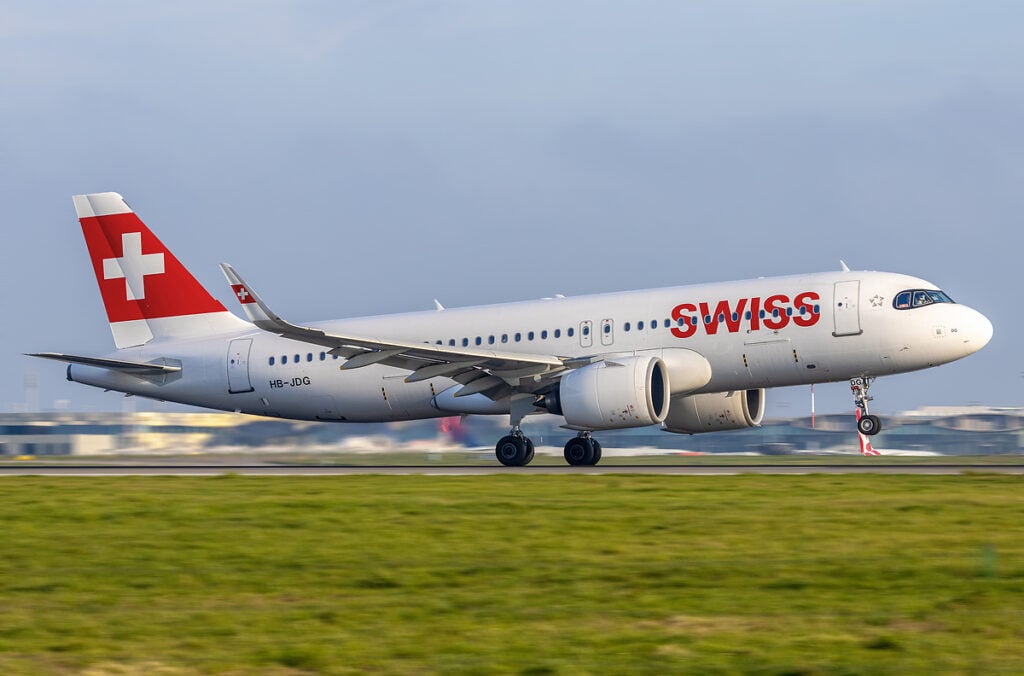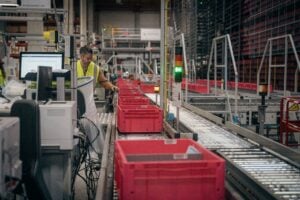Swiss International Air Lines (SWISS) has entered into a long-term strategic partnership with Swiss start-up neustark, a pioneering company that has developed a novel method of permanently removing carbon dioxide from the atmosphere. The partnership is set to accelerate both the refinement of neustark’s technology and its international rollout, furthering SWISS’s broader efforts to achieve carbon neutrality by 2050.
The aviation industry faces the challenge of balancing the benefits of global connectivity with the environmental impact of emissions. SWISS has set itself the target of reaching net-zero by mid-century, pursuing a combination of measures such as operating more fuel-efficient aircraft, adopting sustainable aviation fuel (SAF), and investing in solutions that permanently eliminate carbon dioxide. The partnership with neustark represents a key step in the airline’s strategy to mitigate its carbon footprint.
Neustark, a spin-off from ETH Zurich, is the first company worldwide to apply a process that stores carbon dioxide from biogas facilities into demolished and recycled concrete. The gas is mineralised within the building material, ensuring its permanent removal from the atmosphere while also contributing to the circular economy by repurposing construction waste. SWISS is the first airline to actively support this mineralisation technology, highlighting its intention to back innovative and scalable approaches to decarbonisation.
The agreement between SWISS and neustark runs until 2030, with provisions to extend its scope either by increasing the volumes of carbon dioxide processed or by prolonging the partnership’s duration. By committing early, SWISS is enabling neustark to advance its technology at pace and pursue expansion into new markets.
Together with the Lufthansa Group, SWISS is demonstrating leadership in tackling aviation’s environmental impact by fostering partnerships that can deliver meaningful and lasting carbon reductions. This initiative signals a commitment not only to cleaner air transport but also to broader sustainability goals, ensuring that mobility can remain accessible to future generations without compromising the planet’s climate.
































